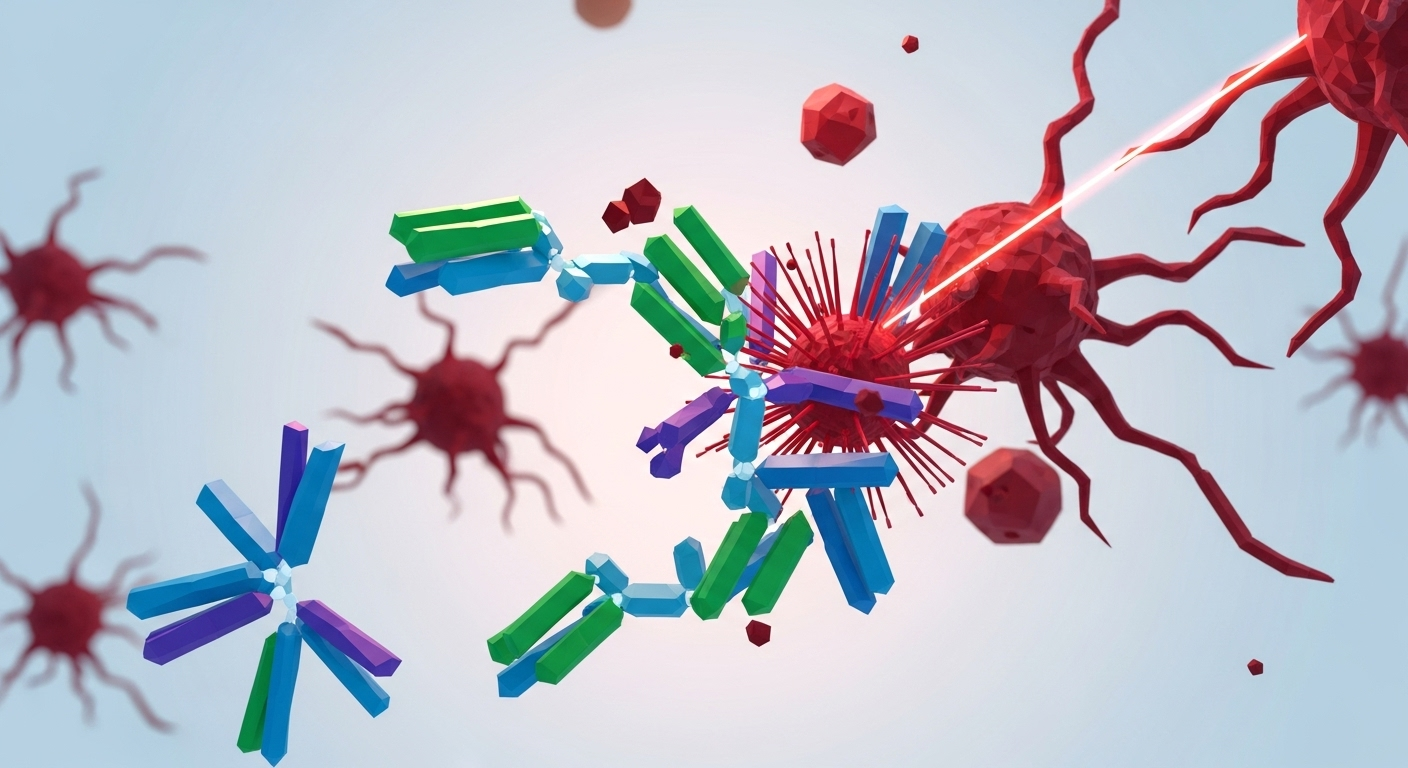As I was sitting by the digital pond, observing the ripples of innovation in healthcare, a particularly compelling thought surfaced: What if our bodies could be taught to fight cancer with pinpoint precision, almost like a custom-built defense system? This isn’t science fiction anymore; it’s the exciting frontier of personalized mRNA vaccines for cancer treatment.
You might recall mRNA vaccines from the recent pandemic, but their potential stretches far beyond infectious diseases. For years, scientists have been quietly exploring how this ingenious technology could revolutionize oncology, turning our own immune systems into formidable cancer fighters.
The Precision of Personalized mRNA Vaccines
So, how does it work? Imagine your tumor as a unique puzzle, each piece representing a specific mutation. Traditional treatments often cast a wide net, affecting healthy cells alongside cancerous ones. But personalized mRNA vaccines are different.
Here’s the elegant process:
- Biopsy & Analysis: Doctors take a small sample of a patient’s tumor. This sample is then genetically sequenced to identify its unique mutations – the very markers that make it distinct from healthy cells.
- Custom Blueprint: Based on these unique mutations, a custom mRNA sequence is designed. This mRNA acts as a blueprint, instructing the patient’s immune cells to recognize these specific cancer markers.
- Immune System Training: Once injected, the mRNA prompts the body to produce tiny fragments of these cancer markers. The immune system then learns to identify these fragments as ‘foreign’ and, crucially, to target and destroy any cells bearing them – which are, of course, the cancer cells.
This approach, as highlighted by experts in an article from The Independent, promises a highly targeted therapy with potentially fewer side effects than conventional treatments like chemotherapy or radiation. It’s about teaching your body to be its own best defense.
The Promise and the Peril
Companies like Moderna and Merck are already seeing promising results in clinical trials, particularly for melanoma and lung cancer. The idea is to use these vaccines not just as a primary treatment, but potentially to prevent recurrence after surgery, or even to tackle cancers that have spread. It’s a beacon of hope for countless patients.
But here’s where a ripple of concern enters our otherwise calm pond. As noted in the Reddit discussion that sparked this reflection, and detailed in The Independent’s piece, experts are worried about potential research funding cuts. Specifically, concerns have been raised regarding proposed reductions to institutions like the National Institutes of Health (NIH) and the National Institute of Allergy and Infectious Diseases (NIAID).
Why does this matter so much? Because groundbreaking research, especially in complex fields like personalized medicine, relies heavily on sustained, significant investment. These funds support everything from fundamental scientific discovery to the rigorous clinical trials needed to bring these life-saving treatments from the lab to patients. Cutting off the spigot now could jeopardize years of progress and delay the widespread availability of these potentially transformative therapies.
A Call for Continued Investment
The development of personalized mRNA cancer vaccines isn’t just another medical advancement; it represents a paradigm shift in how we approach one of humanity’s most formidable diseases. It’s a testament to human ingenuity and perseverance.
As we look to the future of health, it becomes clear that investing in scientific research isn’t merely an expense; it’s an investment in our collective well-being, in longer, healthier lives, and in a future where the word ‘cancer’ might one day evoke less fear and more hope. Let’s ensure the pond of innovation continues to flow freely, nurturing the breakthroughs that promise a healthier tomorrow.
